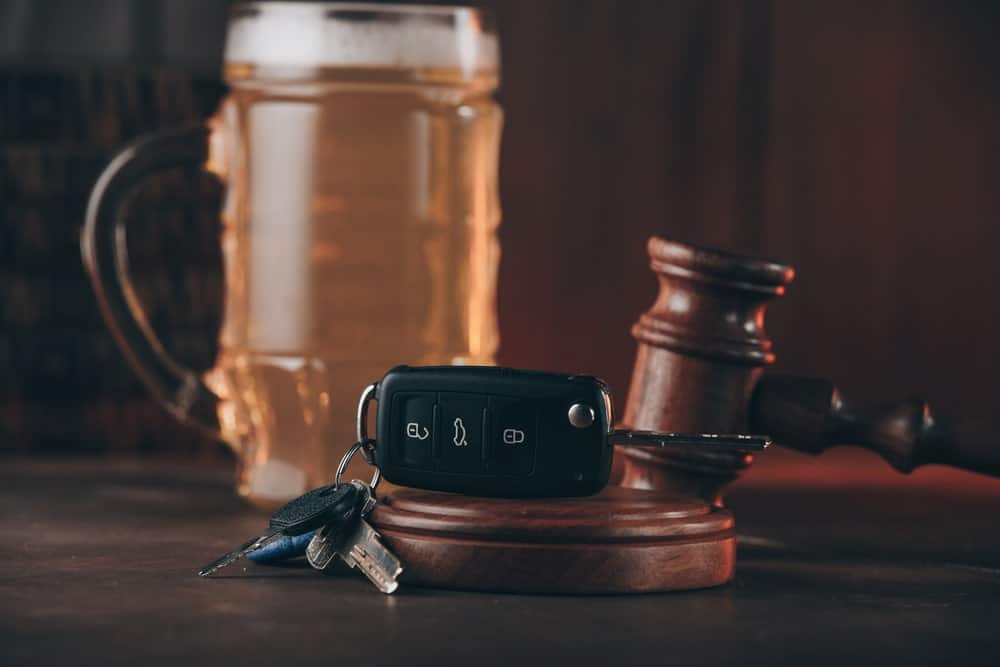Defending against OUI Refusals in Southern Maine
Did you know that it is a criminal offense to refuse to submit to a chemical test if lawfully requested to do so by a police officer at an OUI stop in Maine?
If convicted, the criminal justice system will treat you even more harshly than it would a standard OUI offender.
However, like with any OUI, the charge can be challenged and may be successfully fought with the right legal help from seasoned OUI lawyers. Here’s what you need to know about beating an OUI refusal in Maine.
Call 207-571-8146 or contact us online to schedule a consult with one of our highly skilled criminal defense & OUI, DUI, DWI lawyers, serving Maine, today.
Table of Contents
Implied consent law in Maine
A driver’s license is considered a privilege and not a constitutional right in Maine. As such, it is provided (and can be withdrawn) by the State.
When it comes to Maine OUI laws, anyone who holds a driver’s license in the state must submit a chemical sample for testing upon the request of a law enforcement official, provided the officer has probable cause to believe that the suspect is operating a motor vehicle while under the influence of an intoxicant.
The chemical sample requested could be breath, blood, or urine and the sample requested may depend on whether the officer believes the impairment is from alcohol, drugs, or a combination of the two.
The key to these cases is often whether or not the officer has “probable cause” to order the test. This means there must be a “reasonable belief” that the driver is impaired. Dangerous or erratic driving are good examples of probable cause for OUI stops.
How long is a license suspension for an OUI refusal?
A driver accused of an OUI refusal faces an automatic license suspension by the Maine Bureau of Motor Vehicles (BMV). This is an administrative suspension, the length of which depends on whether it is a first or subsequent offense:
- A first-offense refusal results in a BMV suspension for 275 days.
- A second refusal within 10 years results in a BMV suspension of two years.
- A third refusal within 10 years results in a BMV suspension of four years.
- A fourth refusal within 10 years results in a BMV suspension of six years.
Remember, these suspensions are administrative, meaning that no court action is necessary. If the case goes to court, a conviction will result in another court-imposed license suspension that must be served consecutively after the BMV suspension—plus higher mandatory fines and longer jail time than in standard OUI cases.
Such license suspensions get no relief, meaning that the full suspension must be served unless it is successfully challenged. Work-restricted licenses or Ignition Interlock Device (IID) programs are not available under OUI refusal license suspensions.
Drivers who refuse to provide a sample are, therefore, even more harshly treated than those convicted of OUI. In effect, an OUI refusal is treated more like an aggravated OUI offense than a standard OUI.
Can an OUI refusal be contested in Maine?
In many cases, successfully fighting a Maine OUI criminal charge requires appearances before both the Bureau of Motor Vehicles and the criminal courts in Maine. Winning a case at the BMV can help the outcome of the criminal case, though they are treated separately.
Requesting a BMV hearing on the administrative suspension is the first step to beating an OUI refusal charge. Your OUI lawyer can assist with this as soon as the charge has been filed, with a deadline of 10 days from the effective date of the suspension to request the hearing.
Once the request for a hearing has been filed with the BMV, a stay (postponement) of the license suspension will come into effect until the administrative hearing is concluded.
Call 207-571-8146 or contact us online to schedule a consult with one of our highly skilled criminal defense & OUI, DUI, DWI lawyers, serving Maine, today.
BMV hearings for an OUI refusal
The standard of proof at the criminal courts (“beyond a reasonable doubt”) is much higher than at the BMV hearing, which uses the “preponderance of the evidence” standard. This latter standard means that it is more likely than not that something occurred. This is designed to make it easier for the State to win cases.
The hearing is a “free deposition” of the arresting officer in front of a Hearings Examiner. Often, the officer is the only witness present. Probable cause and the accusation of impairment come from the officer’s opinion rather than any empirical evidence.
How can an OUI refusal lawyer help you?
Overturning the suspension is challenging, but more likely with a seasoned OUI lawyer at your side. Your lawyer will attempt to convince the Examiner that the preponderance of evidence suggests that the account of the police officer is incorrect.
Winning administrative hearings is tough because the odds are stacked against drivers. Even if the administrative case is lost, attending a hearing, having your OUI lawyer cross-examine the police officer, and understanding the evidence against you can help with the preparation of the defense in a criminal case.
It should be remembered that the testimony from the arresting officer can later result in an OUI conviction—and a permanent criminal record—even without any results from a chemical test.
The Hearings Examiner at the BMV hearing will need to consider whether the law enforcement officer had “probable cause” or a “reasonable belief” that the accused:
- Was operating a motor vehicle while under the influence of intoxicants.
- Was informed of the consequences of failing to submit to a test.
- Failed to submit to a test.
If there is enough doubt in the Examiner’s mind about any of these elements, the suspension may be rescinded, saving the accused a minimum 275-day license suspension. However, this won’t stop the criminal proceedings.
Why the Right OUI Lawyer Makes All the Difference in Refusal Cases
Beating an OUI refusal charge in Maine is challenging—but not impossible. These cases often hinge on complex legal arguments, the validity of the traffic stop, and whether law enforcement followed proper procedures during the arrest and refusal process.
That’s why it’s critical to hire an attorney with specific experience handling refusal cases under Maine’s OUI laws. Attorney William T. Bly of The Maine Criminal Defense Group has successfully defended numerous clients charged with refusing a breath, blood, or urine test. He understands how to challenge the state’s evidence, question the legality of the stop, and expose procedural errors that can lead to reduced or dismissed charges.
If you’re serious about fighting a refusal charge, you need a lawyer who knows how to navigate these cases inside and out.
Contact The Maine Criminal Defense Group today to speak with Attorney William T. Bly and get the experienced legal guidance you need to protect your license, your record, and your future.
Why fight an OUI BMV suspension?
The most obvious reason for fighting an OUI suspension is to prevent your license from being automatically suspended for a minimum of 275 days.
However, there are other reasons. Winning the BMV hearing does not mean that the criminal case will be thrown out. The harsh consequences of an OUI refusal conviction—and the permanent criminal record—mean that you should do everything possible to provide an advantage in the criminal case before a judge.
For a first OUI refusal conviction, offenders are looking at a minimum penalty of an additional 90-day license suspension, 96 hours in jail, and a $500 fine. These minimum penalties increase greatly for subsequent convictions within 10 years.
Avoiding these penalties and the longer-term consequences of a criminal record, such as issues with employment, education, housing, travel, insurance, and immigration, should be a priority for those accused of an OUI refusal.
Requesting a BMV hearing can uncover valuable details and evidence for the criminal case. Your OUI lawyer will be looking for every detail possible to identify weaknesses in the prosecution’s case and assist your defense.
Another reason for fighting the BMV automatic license suspension is that all BMV administrative suspensions appear on your driving record and are considered “prior” OUI offenses. So even if you are found not guilty at the Criminal Court, but the BMV suspended your driver’s license, this administrative suspension can be counted as a “prior” offense if you are charged with OUI again.
For experienced legal help with any OUI charge, call the Maine Criminal Defense Group at 207-571-8146 for an initial case evaluation.
Call 207-571-8146 or contact us online to schedule a consult with one of our highly skilled criminal defense & OUI, DUI, DWI lawyers, serving Maine, today.
OUI Blog Articles
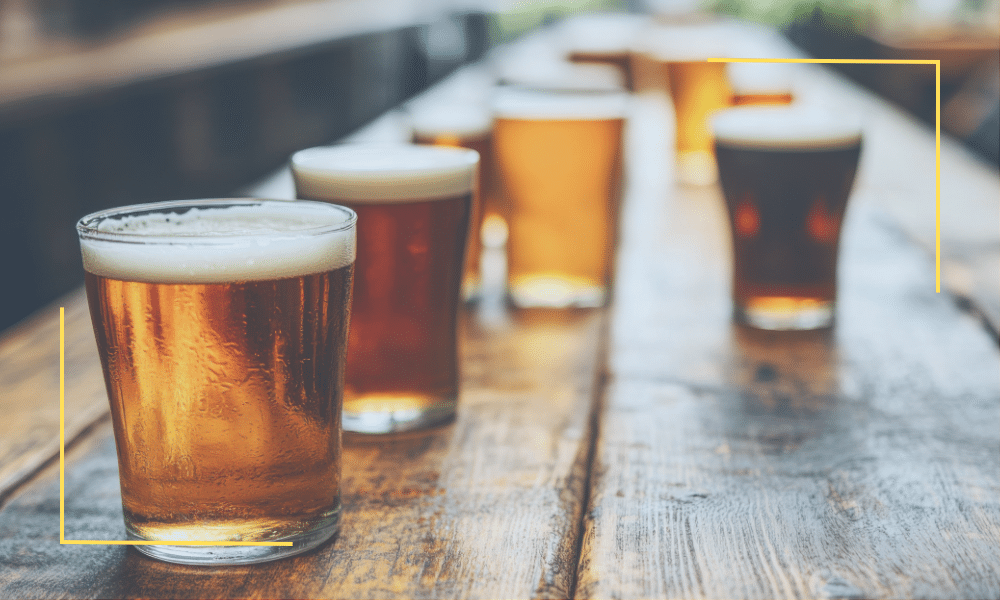
The Maine Liquor Liability Act (MLLA) provides for the recovery of damages against anyone who negligently or recklessly “serves” alcohol to a minor. However, that might be just the start[...]
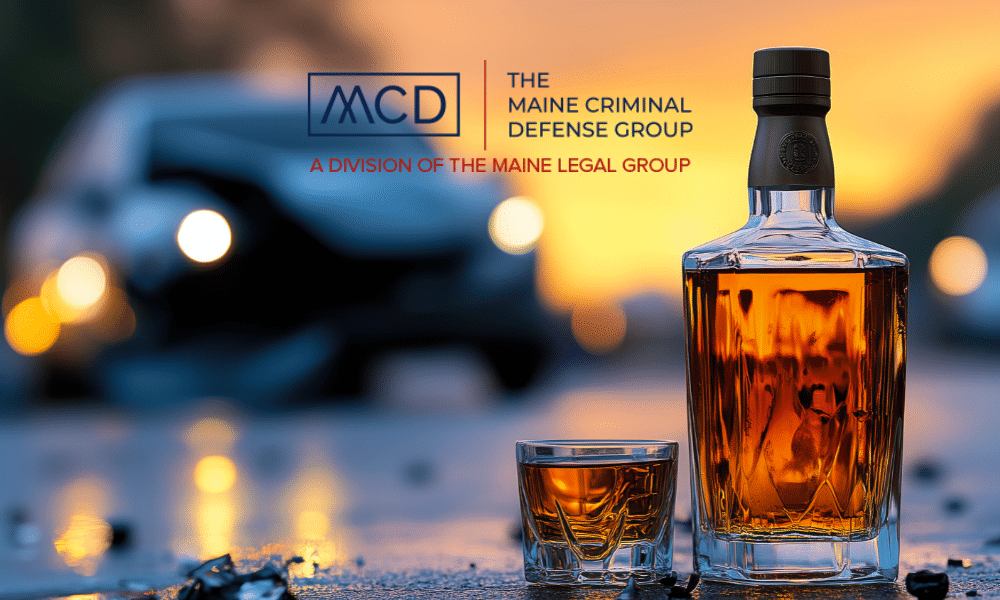
A conviction for an OUI, DUI, DWI in Maine is accompanied by serious consequences, including heavy financial repercussions. Understanding the court-imposed fines is one thing, but the financial consequences can[...]

OUI cases in Maine usually start when a law enforcement officer pulls over a vehicle. From that point, many things can happen but if the officer even has a slight[...]
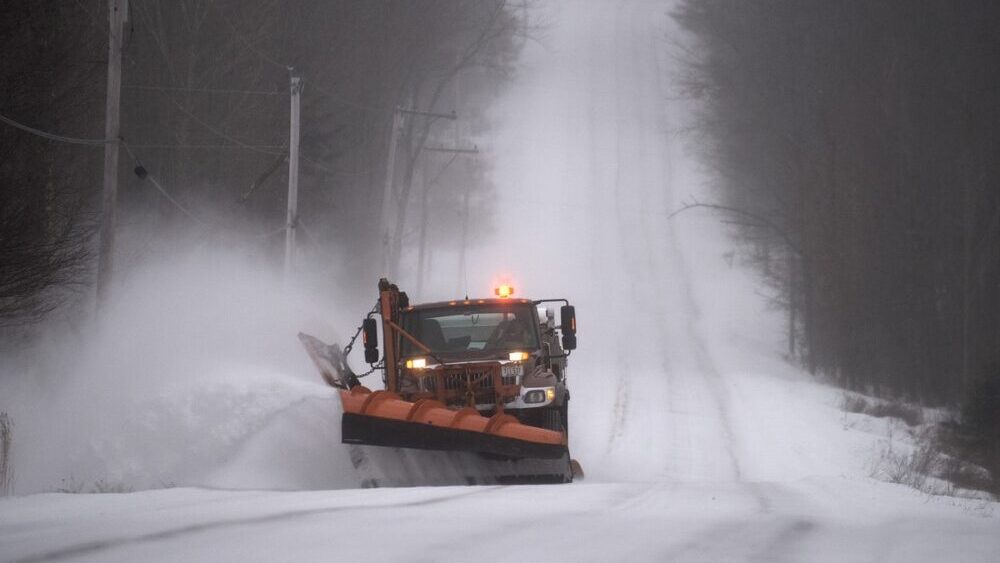
January 11th, 2025, in Skowhegan, Maine, a Maine Department of Transportation plow truck sustained a head-on collision caused by a drunk driver on Route 2, as reported by law enforcement.[...]
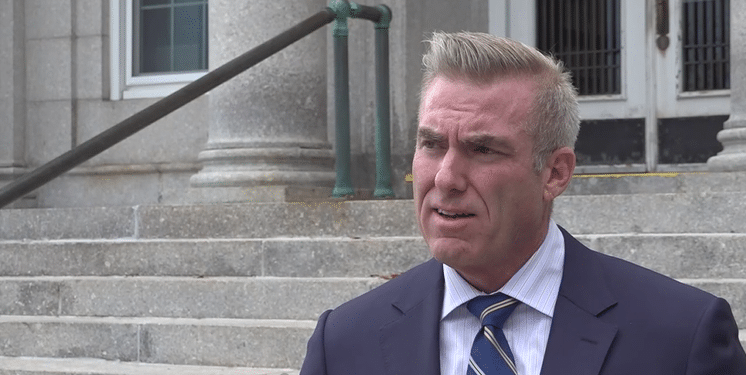
The tragic events of a fatal car crash in 2023 that claimed the lives of four young people have finally reached a pivotal legal outcome. Noelle Tavares, a former Maine[...]

In most states, there are many different places that the average person can take a driving course to satisfy court requirements as related to an DUI conviction. However, in the[...]
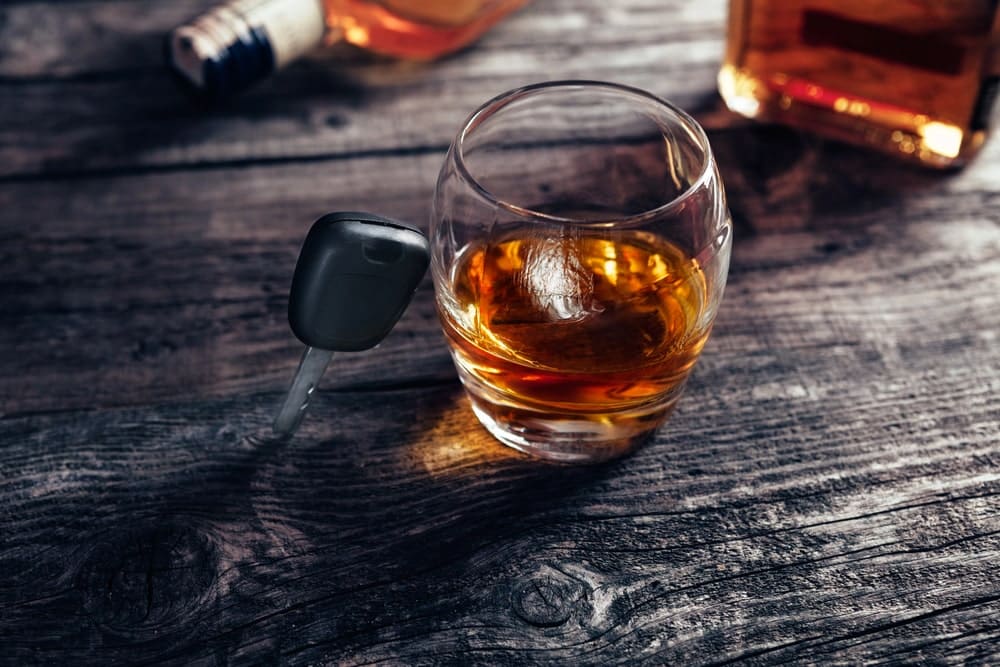
Defending against OUI offenses in Southern Maine Anyone charged with a 2nd OUI in Maine should expect little leniency from the criminal justice system. This makes it even more important[...]
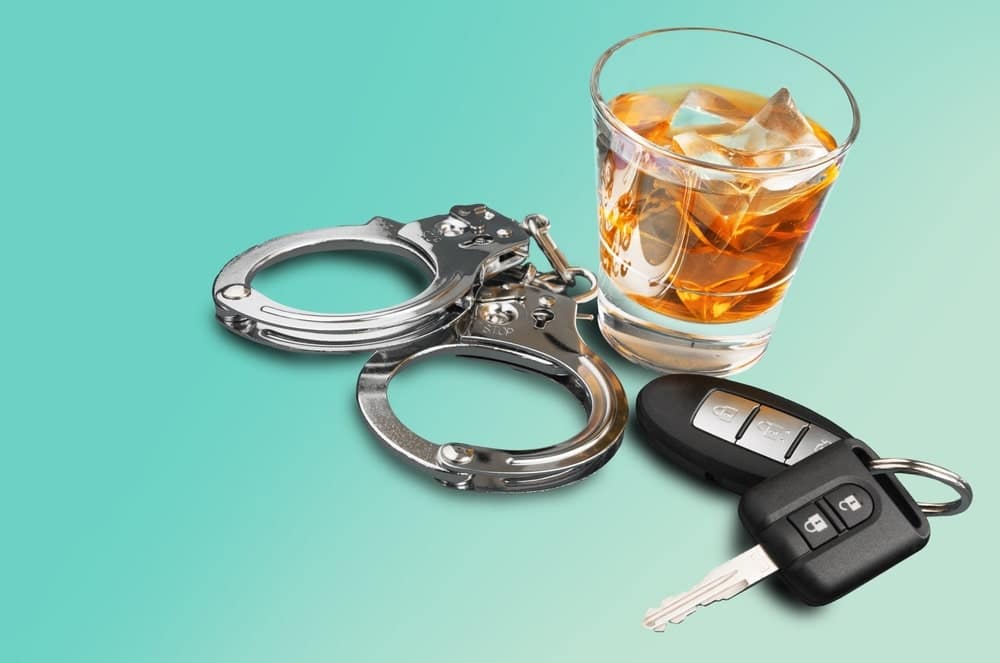
Reducing an OUI charge in Maine OUI charges are handled severely in Maine. For many people, a drunk-driving charge is their first time dealing with the criminal justice system and,[...]

Alcohol laws of Maine While you should be aware of the strict OUI laws in Maine, it’s also important to know about other ways you can face a traffic infraction[...]
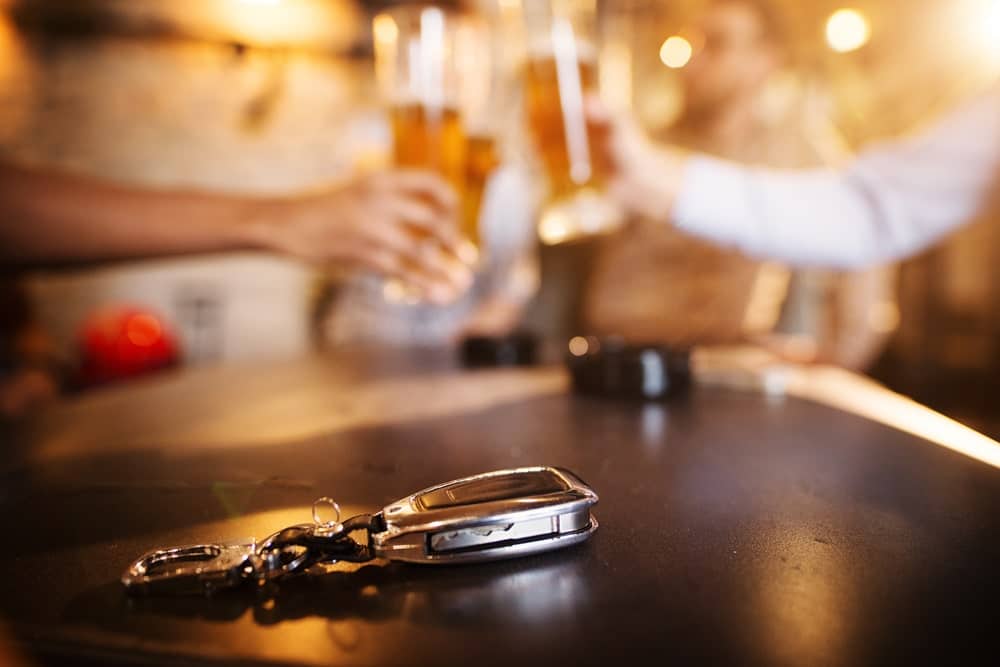
Defending against OUI offenses in Southern Maine A first OUI in Maine can potentially have long-term consequences, but with the right legal representation, alleged offenders can escape the harshest penalties.[...]
